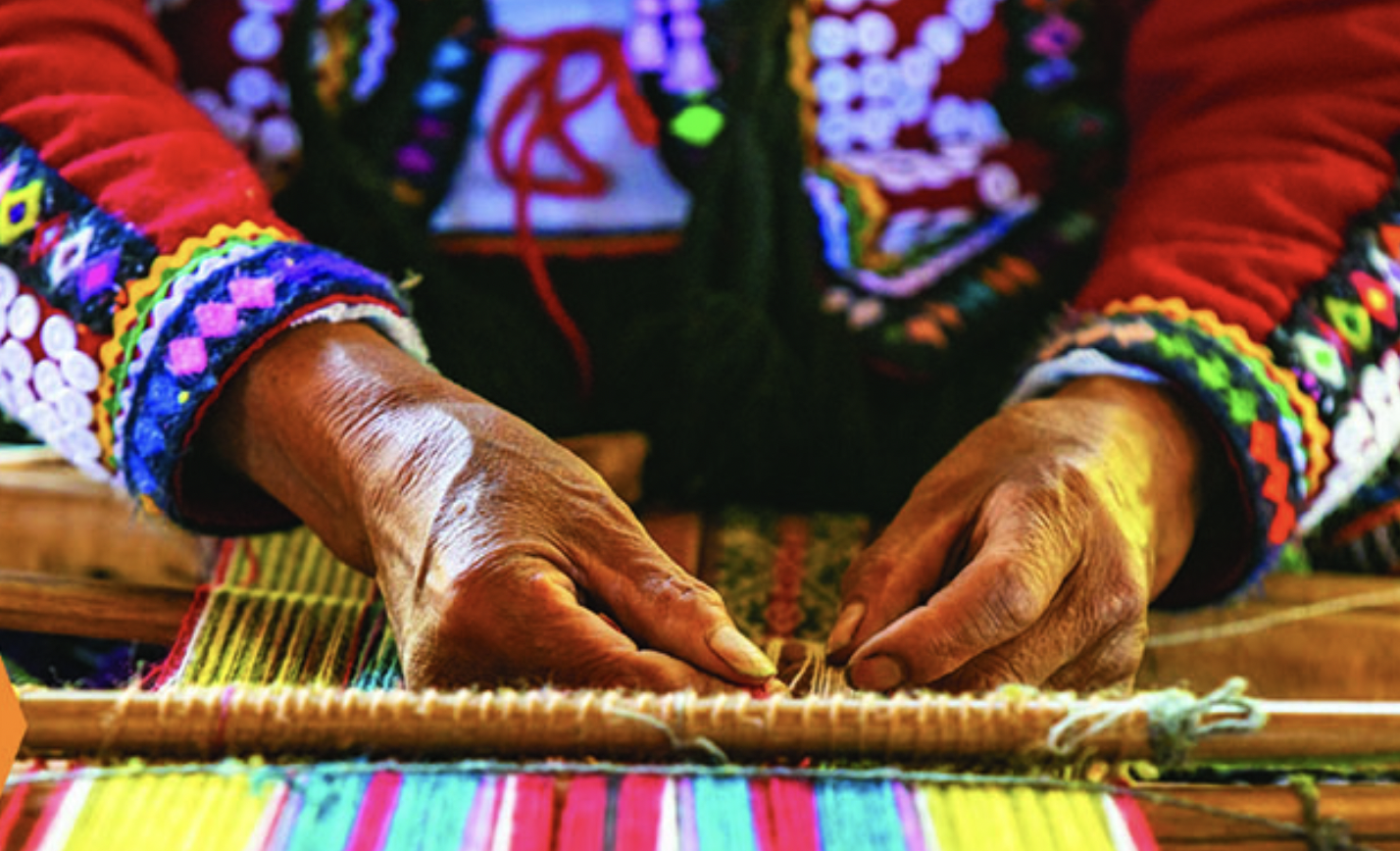Top 10 Learning Moments
- It’s abundantly clear to us that most of these people, all things being equal, would not want to abandon their countries and their families and their communities. They are doing so in most cases out of a sense of desperation, whether that’s economic desperation or insecurity; or simply a sense that the governments that rule their countries are so self-interested and corrupt that ultimately they don’t have any hope things are going to get better. — Michael Camilleri
- What is really at stake is coming up with a new narrative about migration and really challenging some of these dualizing narratives of citizen, alien, native, foreigner, legal, illegal, all of which break down at some point when we look at them through the lens of human dignity, human rights, and trying to build a more just and humane society. — Rev. Daniel Groody, C.S.C
- There is a lot of work to be done in reshaping the narrative of migration; a move from a place of othering migrants and looking towards a journey of communion and union.
- People want jobs. In the context of the famous “Give a Man a Fish” proverb, people need the freedom to be able to fish and the market to fish. This is what will allow them to move forward and have the opportunity to educate their children, have better health, etc.
- Governments must have a clear strategy for development to allow people to meet their basic needs. To date, the U.S. policy on immigration has been inconsistent and ineffective.
- Unfortunately, governments in parts of Central America do not respond to the needs of their populations…People don’t leave the country because they want to, they do it because they do not have the opportunity to give their families what they need. — Hugo Noé Pino
- In general, across the world, gender-based violence is more prevalent in Latin America and Africa. One of the unfortunate indicators we can look at is the killing of women because of their gender. unfortunately, the two countries in Latin America or femicide rates are Honduras and El Salvador. — Abby Córdova
- If we examine the trajectory of democracy in Central America, what we see is that democracy has declined in El Salvador, Guatemala, and Honduras in the past few years. Currently, El Salvador is showing the fastest declining democracy according to different indexes. This has created a lot of political uncertainty. — Abby Córdova
- Migration is not easy and no one wants to do it. When people are happy and secure, they are 88% less likely to migrate.
Interested in learning more?
This series is hosted by ThinkND, the University of Notre Dame’s online learning community that connects you with videos, podcasts, articles, courses, and other resources to inspire minds and spark conversations on everything from faith and politics to science, technology, and your career.
Featured Speakers
Tom Hare, Senior Technical Associate, Pulte Institute for Global Development
Abby Córdova, Associate Professor of Global Affairs, Keough School of Global Affairs
María Estela Rivero Fuentes, SHARE MEL-KM Director, Pulte Institute for Global Development
Hugo Noé Pino, Honduran Economist and Former President & Minister of Finance, Central Bank (Hondurus)
Clara Villatoro, Central America Regional Human Rights and Democracy Program Coordinator, Pulte Institute for Global Development
Michael Camilleri, Senior Advisor to the USAID Administrator and Executive Director of USAID’s Northern Triangle Task Force, United States Agency for International Development (USAID)
Dr. Juan José Daboub, President, ThinkHUGE
Rev. Daniel Groody, C.S.C, Vice President and Associate Provost, Associate Professor of Theology and Global Affairs, University of Notre Dame
Taiyyeba Safri Skomra, Partner & Certified Specialist, Stone Grzegorek & Gonzalez LLP
Unfortunately, governments in parts of Central America do not respond to the needs of their populations…People don’t leave the country because they want to, they do it because they do not have the opportunity to give their families what they need.
– Hugo Noé Pino





